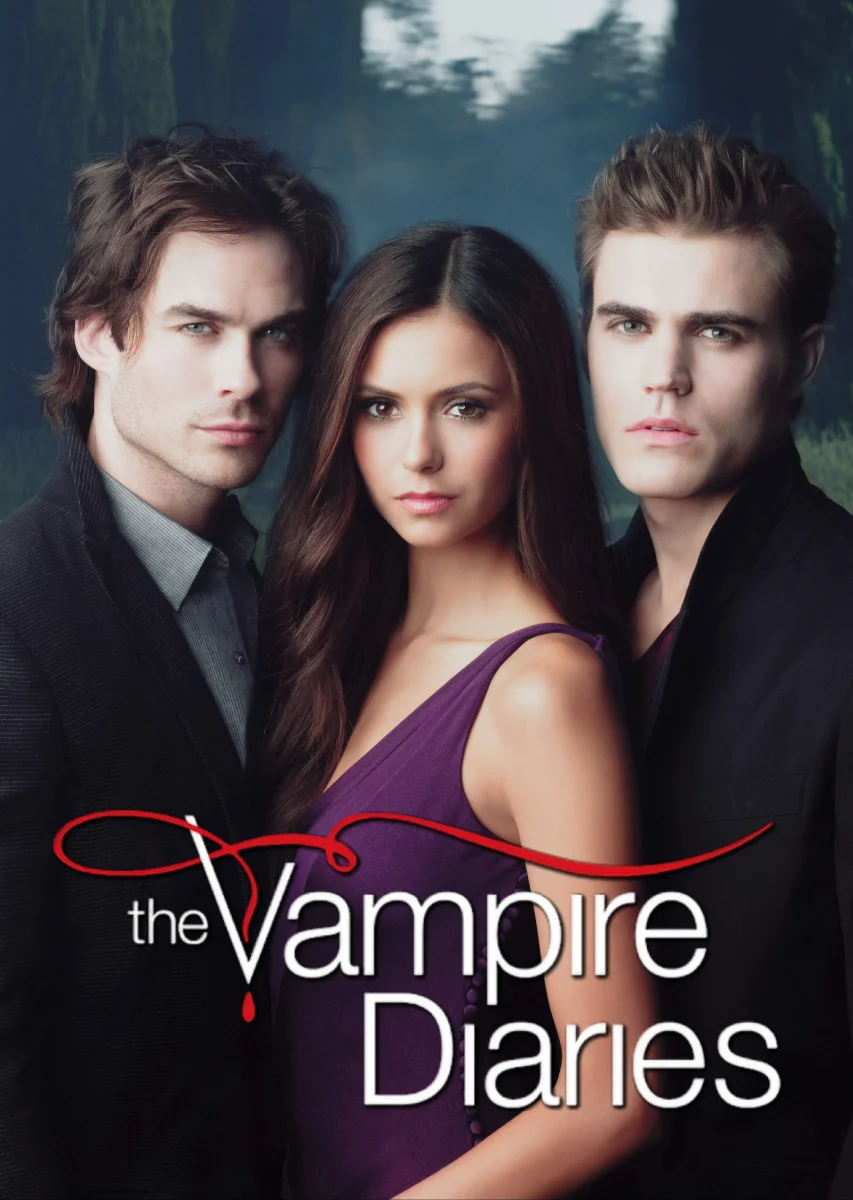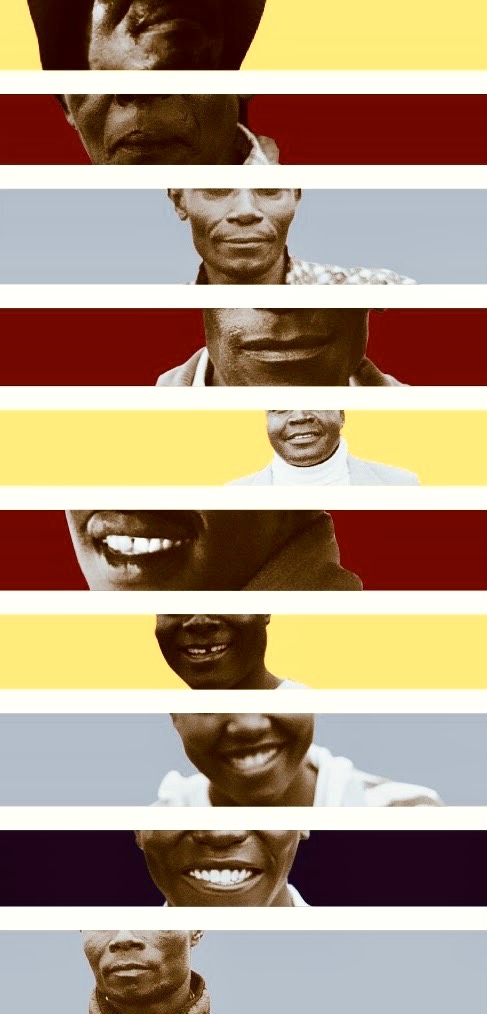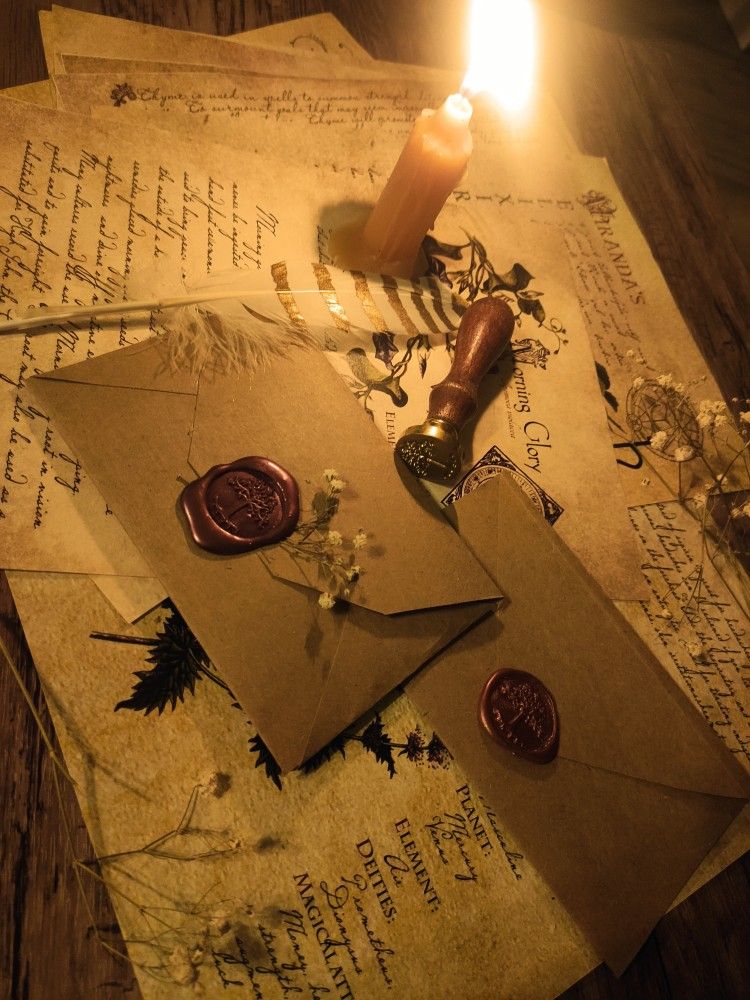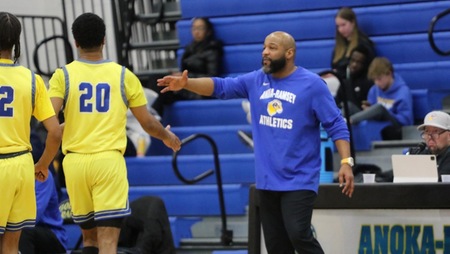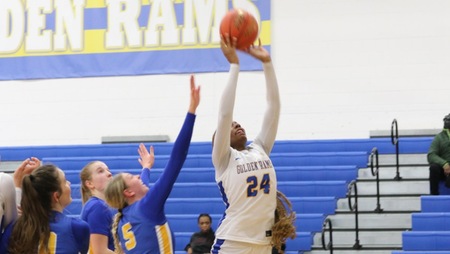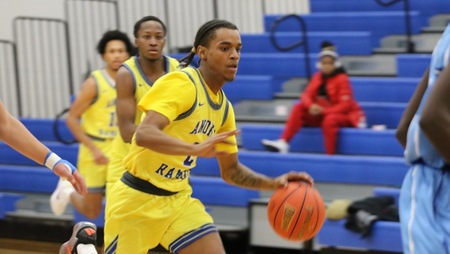I got the chance to sit down with Dr. Jason Vanselow of the Music Department at ARCC. I got insight on a few questions about the music and film industry, his past work and the culture surrounding music as a whole.
In your opinion, what are the social and cultural impacts of music?
You think about culture, every culture has its own kind of music that it uses for different parts of it. If you think about Native Americans, some of their traditions are based in music and gatherings always have music. It isn’t the way we do it in the west, in standard American and European cultures we have that kind of wall in between the performer and the audience. What I have seen from Native Americans and other traditions, they don’t have that wall, it’s all participatory. It’s sort of specific to that, in the same way the audience performs a dynamic specific to Europeans and Americans. Every culture has its own traditions kind of embedded there. It’s funny, a lot of cultures if you string them together have a lot of similar traits but the stuff that happens at the top of it is very specific to what culture it is. It’s hard to say if one influences the other but it is generally kind of cooked in. It is in almost every culture that I have looked at or studied, if you look at very specific things and rites of passages there’s almost always some sort of music that goes with that.
Do you think you shouldn’t stray far from the genres of music that you know, or do you think it is important to branch out into other genres?
I think it’s really important to branch out. One of the best pieces of advice I have ever gotten is as a musician is you listen to everything. That doesn’t necessarily mean that you use it or adopt it as your own, but at least be aware and understand at least what significance it has in whatever culture you’re dealing with or in your own life. And, to explore, I mean, what’s more beautiful in music or any arts for that matter then exploring different things? You know, you walk from person to person and each one of them has a specific way of looking at anything. You’re not gonna have the same approach that anybody else has. You and I might have a couple of things in common, but I’m sure that you have listened to some stuff that I have never heard of and it behooves me to try it out.
Howdoyouthink AI will affect the music industry?
It could go both ways. It’s not at the point yet where it can truly write a song that sounds like itself if that makes sense. It’s still kind of writing bad imitations of things. So I think that is definitely a while off. I hope that moment doesn’t come because the human part of that is really important. But, some things that it could do is make recording cheaper than it already is. You can feed in what kind of arrangements you want and background things that you want to add. It can actually produce those for you. I could see a time where the pre-production process is much easier for putting together and recording, or even a live performance. You don’t have to do all the nitty gritty stuff. For 400 years we had to write everything down, you had someone who was specifically on the payroll to copy things from the score to the parts so the violinist had the right notes in front of them. You got to 30 years ago, and you had a computer but you still had to enter it manually. AI may be able to create without having a human think too hard about it. The composer could say to an AI machine I want these things and you get the bland output, where you go in and you tweak and get exactly what you want. The grunt work is all done for you.
So you are saying it is a more supplemental tool to success than anything?
Technology is a great tool. That’s the right word for it. We make the mistake as a culture that technology is gonna solve things for us. I think only in that grunt work way it is effective at that. We should use it as the tool rather than the tool becoming “the thing” to focus on.
How is it like playing pieces from famous composers like Loris Chobanian with him in the audience?
It’s one of the coolest experiences that I’ve ever had. Music is the one thing that I’m kind of good at. Don’t ask me to do math or anything like that. The skill set that I have is based in music. I did meet Chobanian and got comments from him on my performance. It was fresh for me and I got a chance to go to the source and ask what his thoughts were on it.
Was there any nerves going into it?
You want to represent that piece well for the composer. But at the same time, you have something to bring to the table as a performer and you have to remember that.
Has becoming a professor in music dwindled your enjoyment of it or has it had adverse effects and elevated your experience?
Sometimes it depends on the day. Today is a busy day, so I’m not gonna listen to a lot. But yesterday, as I was making dinner, I could tap into that love of music. I don’t even remember what I was listening to but it was one of the best parts of my day. My enjoyment is still there but it just gets used differently sometimes. If I’m arranging or practicing something, that’s where that musical love goes to that day. If I don’t have that, it definitely goes into listening to something or I go a little stir crazy.
Onto motion pictures, why do you think composers like Morricone, Williams and Hisaishi have stood the test of time for their film scores?
Great melodies. All of those guys wrote incredible melodies that you walk away humming. They also matched up those melodies really well with whatever the image was on screen. I mean think about John Williams and Indiana Jones. What describes Indiana Jones better than that main melody? The other thing those guys are great at is textures. It’s really fun to go in and ignore all of John Williams’ great melodic moments and really concentrate on the stuff that’s musically happening that you aren’t really listening for. It takes some time to get in there and listen to the details. Those composers that you named, all of them do that extraordinarily well.
When do you believe silence is the best option in a film score?
When it’s least expected. There’s a really great heist movie that was produced in France. These guys are going in and robbing a jewelry store or bank I don’t even remember. But, for 20 minutes there’s silence. They don’t speak, it’s silence, truly silence for 20 minutes as these guys are robbing what they’re going to rob.* It creates tension. Sometimes music is used to get rid of tension, and sometimes music is used to grab tension. There’s also Tom Hanks’ Castaway, when he’s on the island, there’s no music. There’s music on the front end and when he finally gets on the raft away from the island there’s music again. You realize “oh my goodness where did that go?” It reflects what he was going through because the character was stripped away from everything with the exception of the fire and that stupid beach ball. There’s no one coming back for him and you realize that he has his life again at the end.
* Editor’s note: Dr. Vanselow is talking about the 1955 French crime film “Rififi” by Jules Dassin. It has a 31 minute silent heist scene used as a commentary on the then current blacklisting of potential communists in Hollywood. The film was received as one of the best French noir films in history.
How does music itself become a storytelling tool/character?
If you think about that Empire Strikes Back moment where you hear the Imperial March, you don’t see Darth Vader until 30 seconds into that. But, you already know what that dude is gonna be about. Sometimes the opening moments in a movie musically are the most important thing because they set the tone for what’s to come. If you think about great teenage romantic comedies and what rock tune they use to begin with. Fast Times and Ridgemont High is a really great movie, I think the tune to begin is We Got the Beat by the Go-Go’s. I don’t particularly love that song, but in the front of that movie is a brilliant choice to set the tone for the whole movie.
On top of that, music supervision is a huge thing. It’s an amazing skill to be able to fit the perfect song into a scene.
There’s other times too when you talk about the perfect moment, Edgar Wright wrote the script for Baby Driver with all the songs he used in the movie in mind. He edited the movie to those songs. Also, the back 20 minutes of E.T. they couldn’t quite get the composition to work out, so Spielberg said to John Williams “okay you figure out what the composition is going to be and I’ll edit the movie to the score.” You can talk about the composer all day, but you have the music supervisor and the director and how receptive they are in the process.
Do you feel like those directors that are more receptive to those changes have better products in the end?
I think so. The ones that have ideas coming in and allow people to do their jobs that really are the greatest.
How does sound design help out the video game experience?
Looking back at some of the early arcade machines, that sound is calling out to the next player. Once that guy in front of it is running out of quarters, the next guy thinks “hey that one sounds pretty fun.” Super Mario Brothers as well having a piece of music that really reflects the mood of every different environment is a very huge thing.
How can instruments perceive emotional states?
The most basic instrument is the human voice, which can communicate sadness or happiness. Instruments tend to try and imitate that. The violin has a sort of wail that communicates anger or fear, and the drum can sometimes communicate anger moving through a piece as well. We’ve built up enough associations in our lives as well. It isn’t like we are starting from scratch with everything. Every time I hear a guitar for instance, I have certain things I can call back on whether I want to or not.
Do you think newer music nowadays has the edge on older pieces because they aren’t doing the heavy lifting, or do you think the newer pieces are just trying to catch up to the pure emotion older pieces have?
I have both experiences. I have experiences that happen in either video games or movies, songs I have never heard before and now I want to know that song because of that. There are sometimes songs that I never want to hear again get used in a piece of media that makes me want to explore it more as well. It changes and influences the experience


